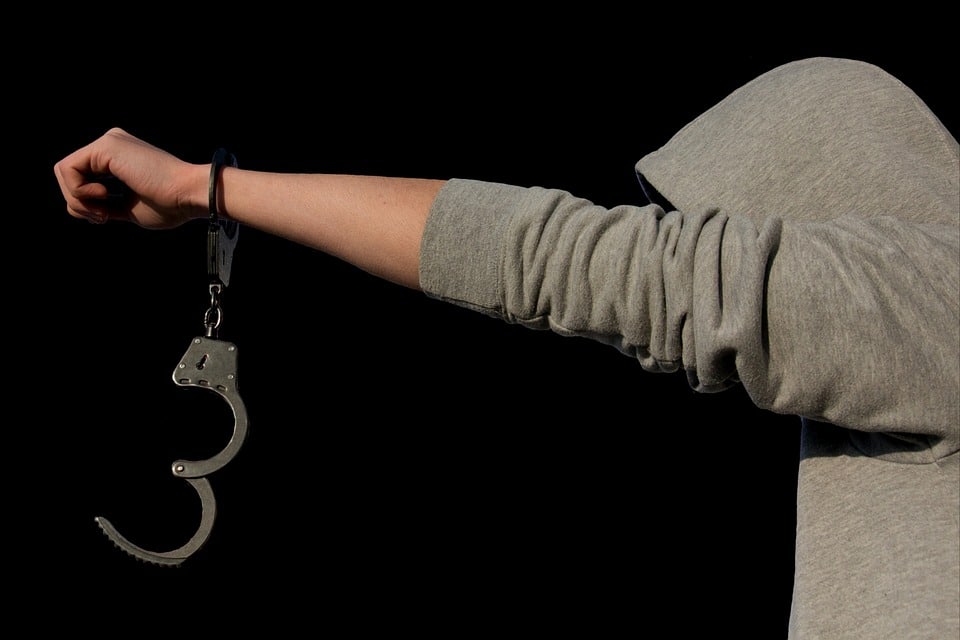When juveniles engage in crimes or illegal acts, they are typically able to distance themselves from and depersonalize their victims. They do not see their victims as people but rather a means to get what they want in the moment. Even when they are arrested and go to court for these acts, they still do not have to think about the people they hurt. They only focus on the specific behavior that led them to getting caught.
Restorative Justice adds a whole new layer of consequences that have the potential for greater impact. Juveniles come face to face with the individuals they wronged and learn how their actions impacted them. They have to hear about how items they stole or damaged were priceless family heirlooms, with more sentimental than monetary value. They see the fear, sadness, or anger they stir in their victims. The idea is that witnessing these reactions can create unpleasant feelings in the juveniles such, as guilt or remorse, that can be powerful enough to reduce the likelihood of recidivism that traditional consequences like probation or detention may not. Traditional consequences provide external motivation to follow the law (I don’t want to get arrested/ go to jail), while the emotional impact of Restorative Justice targets internal motivation to follow the law (I do not want to cause harm to others).
Restorative Justice also provides the opportunity for victims to become emotionally connected to those who have wronged them. They get the opportunity to understand why the person did what they did. This can provide not only closure, but also increase empathy and understanding. Many of the individuals who find themselves involved in the juvenile justice system do not just wake up one day and decide to break the law. Many have experienced difficult life circumstances that lead them in that direction. While this does not excuse illegal behaviors, getting to talk to those who wronged them can increase understanding. Providing opportunities to develop empathy in both directions leads to a greater sense of community and acceptance.
Written by Hannah Brown, PsyD
Licensed Psychologist, BRAINS
Dr. Hannah Brown’s comments are in response to news article, Program aims to keep Kent Co. kids out of court, published on WOODTV.com on February 12, 2018. Please click here to read the full article. Kent County is changing the way they handle juvenile offenders. The new program requires kids to confront the victim, not the judge.
Dr. Hannah Brown is a Licensed Clinical Psychologist with diverse clinical assessment and therapy interests. Dr. Brown enjoys working with individuals of all ages and presenting concerns; however, she particularly enjoys working with adolescents with severe behavior difficulties. During her internship and postdoctoral fellowship years, Dr. Brown worked in residential treatment facilities conducting court-ordered diagnostic testing and providing counseling services for adolescents with histories of extensive trauma, legal involvement, and disruptive behaviors. Resulting from this work, Dr. Brown developed a passion for working with survivors of sexual and physical abuse, and other childhood traumas. To schedule an appointment with Dr. Brown, please call to speak with BRAINS support staff (616) 365-8920.
